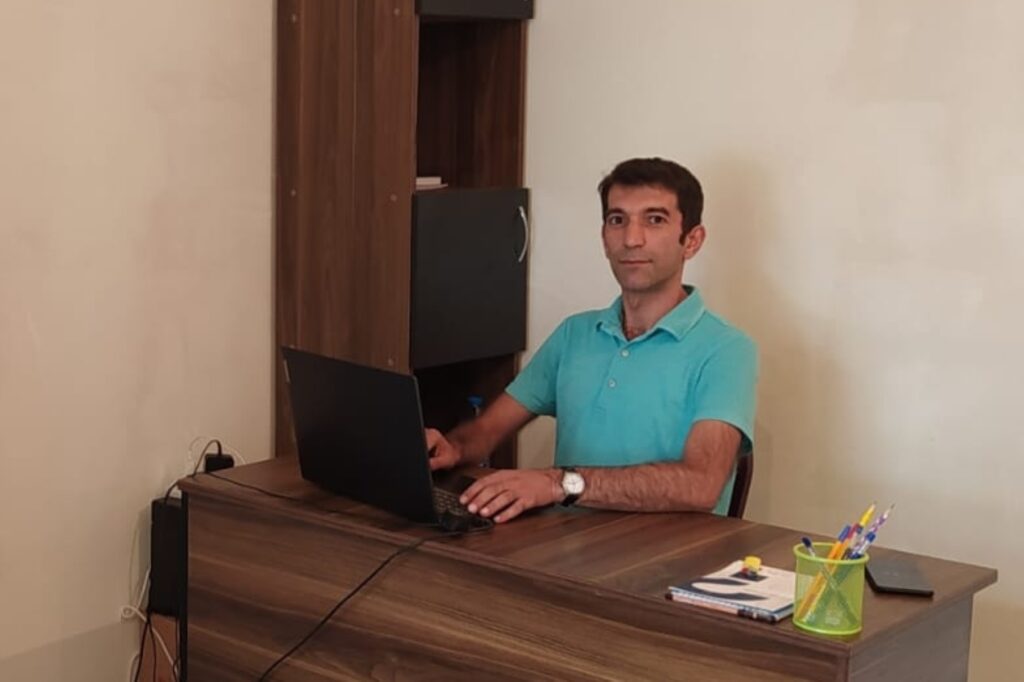On Thursday, Azerbaijani activist Ilhamiz Guliyev was sentenced to three years in prison for the acquisition and storage of large quantities of drugs without the intent to sell. He has claimed the charges were used to punish him after he accused Azerbaijani police in an interview of planting drugs on activists.
Guliyev was originally arrested on 6 December 2023 on charges of large-scale drug trafficking. According to Meydan TV, the charges were later changed to the storage of narcotics for personal use.
Guliyev spent more than six months in pre-trial detention, during which he claimed the charges were being used to punish him for giving an interview to Abzas Media in September 2023 about how police target activists for arrest by planting drugs on them.
During the trial, his defence team argued that there was no credible evidence against Guliyev, likewise describing the case as retaliation by the police over the Abzas Media interview.
His defence team, arguing that there was no credible evidence against him, described his arrest as retaliation for an interview he gave to Abzas Media, in which he claimed that drug-related cases are often fabricated by the police.
Before the sentence was read out to the court on Thursday, Guliyev made a final statement in which he rejected the charges, claiming his arrest was a ‘set-up’. Guliyev stated that he did not expect a fair verdict.
Guliyev’s mother Shamama Guliyeva told OC Media that her son had worked at the State Customs Committee since he graduated university.
‘My son worked at this office for many years, but was punished for the two words which he said in the interview. He described the arrest of a political activist, and in such a way, they arrested my son. In such a situation, where is the freedom of speech?’ Guliyeva told OC Media.
Guliyev’s lawyer has called for an appeal and for an investigation to be opened into the officer who initiated the criminal case, who Guliyev claims falsified the charges.
Local and international human rights activists consider Guliyev's arrest to be politically motivated. On 24 April, the European Parliament adopted a resolution calling for his release.




 13 December 2024
13 December 2024



